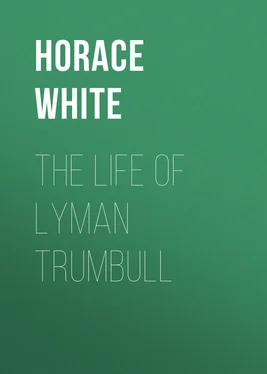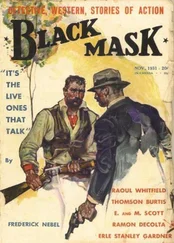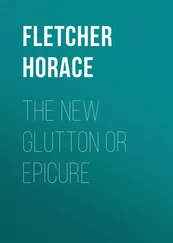Cited in Villard's John Brown , p. 94.
Cong. Globe , Appendix, 1856. p. 118.
The writer of this book was intimately acquainted with the doings of the Emigrant Aid Societies of the country, having been connected with the National Kansas Committee at Chicago. The emigrants usually went up the Missouri River by rail from St. Louis to Jefferson City and thence by steamboat to Kansas City, Wyandotte, or Leavenworth. They were cautioned to conceal as much as possible their identity and destination, in order to avoid trouble. Such caution was not necessary, however, since the emigrants knew that their own success depended largely upon keeping that avenue of approach to Kansas open. Later, in the summer of 1856, it was closed, not in consequence of any threatening language or action on the part of the emigrants, but because the Border Ruffians were determined to cut off reinforcements to the Free State men in Kansas. The tide of travel then took the road through Iowa and Nebraska, a longer, more circuitous, and more expensive route.
Appendix, p. 200.
Cong. Globe , 34th Congress, Appendix, p. 281.
In this debate Clayton, of Delaware, contended that the word "forever" was meant to apply to any future political body, whether territory or state, occupying the ground embraced in the defined limits. Hence he considered the Missouri Compromise unconstitutional, but he had opposed the Nebraska Bill because he was not willing to reopen the slavery agitation. Cong. Globe , 34th Congress, Appendix, p. 777.
Cong. Globe , 1856, p. 1371.
John H. Bryant, a man of large influence in central Illinois, brother of William Cullen Bryant.
Green B. Raum, Lawyer, Democrat, brigadier-general in the Union army in the Civil War.
Cong. Globe , vol. 42, p. 16.
Cong. Globe , 85th Cong., 1st Sess., p. 571.
Lincoln and Herndon, by Joseph Fort Newton, p. 148.
Frederick Trevor Hill in Harper's Magazine , July, 1907.
Herndon-Weik. Life of Lincoln , 2d edition, vol. ii, chap. iv.
When Lincoln, at the Freeport debate, asked Douglas whether the people of a territory could in any lawful way exclude slavery from their limits prior to the formation of a state constitution, Douglas replied that Lincoln had heard him answer that question "a hundred times from every stump in Illinois." He certainly had answered it more than once, and his answer had been published without attracting attention or comment either North or South. On the 16th of July, 1858, six weeks before the Freeport joint debate, he spoke at Bloomington, and there announced and affirmed the doctrine of "unfriendly legislation" as a means of excluding slavery from the territories. Lincoln was one of the persons present when this speech was delivered. On the next day, Douglas spoke at Springfield and repeated what he had said at Bloomington. Both of these speeches were published in the Illinois State Register of July 19, yet the fact was not perceived, either by Lincoln himself, or by any of the lynx-eyed editors and astute political friends who labored to prevent him from asking Douglas the momentous question. Nor did the Southern leaders seem to be aware of Douglas's views on this question until they learned it from the Freeport debate.
Cong. Globe , 36th Cong., 1st Sess., p. 2241.












